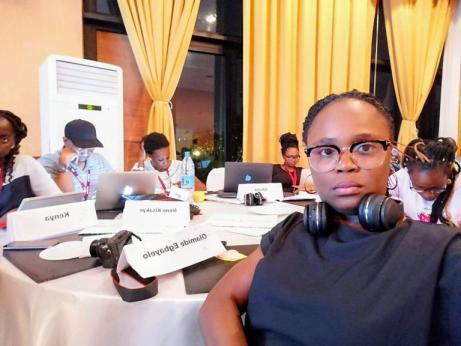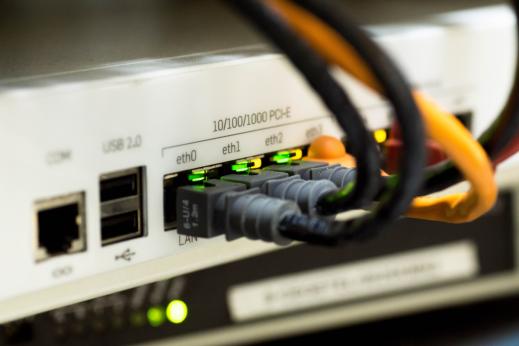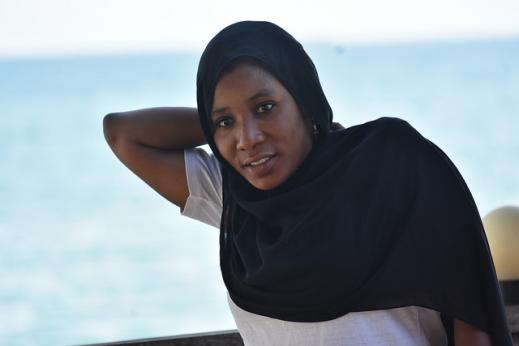I have always been of the opinion that POLICY IS BORING, I say this every time I have the opportunity to be at gatherings where policy discussions, especially tech/internet policies are held and I also ask myself all of these times, what can I do to make these conversations more interesting to the people who the outcomes of these conversations will benefit the most? Getting accepted into the 7th African School on Internet Governance held from the 4th to 9th September 2019 in N'… Read more
Internet governance
At its founding, in the late 80s, the internet promised to democratize information, level uneven grounds, and the destroy barriers associated with distance, space, and time. Through promoting communication, coordination, integration at a pace and scale beyond the ability of any government to halt, the connectivity set a foundation for dichotomies so often aligned with colonialism, imperialism, and globalization.
Today the internet is not just about inscrutable abstracts on the potential merits of its ubiquity but rather its impact and probable effects on a global scale. If anything,… Read more
The World Summit on the Information Society (WSIS) defines internet governance as the development and application by governments, the private sector and civil society of shared principles, norms, rules, decision-making procedures and programmes that shape the evolution and use of the internet.1 The internet is a network of autonomous networks of computing devices, which share the same core protocols enabling them to interoperate regardless of the endpoint applications and devices.2
Governance, most simply defined, is a form of control to ensure organisations, communities or societies… Read more
Negative.
That’s the ultimate effect in one word!
Social media taxes are taxes charged for the use of social media platforms. We have seen their implementation in a few African countries, including Uganda ($0.05 per day), Tanzania ($0.05) and, for a brief time, Benin. Similar taxes have also been proposed in Zambia ($0.03). The motivations behind this policy are multiple and layered; some governments are attempting to silence their opposition and those who support them, while others are using this tax as a way to make money.
What does this do… Read more
Something historic happened by the Nile earlier this month. From 4-6 November 2018, at Corinthia Hotel Khartoum by the banks of that gargantuan and historic river which traverses the African continent, stakeholders from across the continent and the world gathered to participate in the African Internet Governance Forum (AfIGF).
The setting of the AfIGF by the Nile was perhaps figurative. As a colleague mentioned to me, ‘’Oh, you attended the AfIGF by that very contentious river.” By that, he was referring to plans by several nations upstream the Nile to dam it, for purposes… Read more
My interest in internet governance issues was sparked when I coordinated a project on internet access for women in northern Nigeria in 2016 with the ultimate goal of bridging gender digital exclusion and promoting greater access to the use and benefits of internet to women.
Following this experience, I began to apply to participate in internet governance forum events. Initially, I had little success, but my dream eventually came to fruition in August 2018 when I received an invitation to the 2018 African School on Internet Governance (AfriSIG). When I first heard about AfriSIG, I was… Read more
Are you a current or potential leader in internet governance forums and debates in Africa?
Do you want to deepen your understanding of the “multistakeholder” approach to internet-related policy making?
Whether you are a policy maker, a researcher, a regulator, an engineer, a journalist, an entrepreneur or a gender equality and human rights defender – if you care about internet policy in Africa, AfriSIG is for you!
The Association for Progressive Communications (APC) and the African Union Commission are pleased to announce the call for applications for the sixth… Read more
I am a young woman who grew up in the rural areas of Limpopo in South Africa, where there is not much development done, internet is regarded as a luxury, and technology is not exposed. It has therefore been much of a privilege for me to be a participant at the 5th African School on Internet Governance (AfriSIG).
In Limpopo, many people have different technological gadgets but use them in a way that is not necessarily beneficial to them. Many people have mobile phones in these rural areas; however, there are times when they do not even have network coverage. And without this network… Read more
My debut appearance at the African School on Internet Governance (AfriSIG) 2017 was certainly an eye opener in respect of a lot of very important issues related to internet governance, without doubt one of best spaces to start engaging with internet governance issues on continental level.
Distinctively, AfriSIG is a rich melting-pot of professional backgrounds, nationalities, ages, expertise and many other persuasions. This in my view made for very rich ground for networking and getting a multidimensional feel of internet governance issues across Africa under one roof.
But by… Read more
Attending the African School on Internet Governance (AfriSIG) is my first experience in any event related to internet governance. This has given me the opportunity to interact with different stakeholders from all walks of life and I enjoyed it.
The school was generally good and constituted a very active and enthusiastic class that inspired participants and resource persons to reason things out together. I liked the diversity of the class, not only from a regional perspective but also from the different professional backgrounds.
Most participants were not new to the internet… Read more





